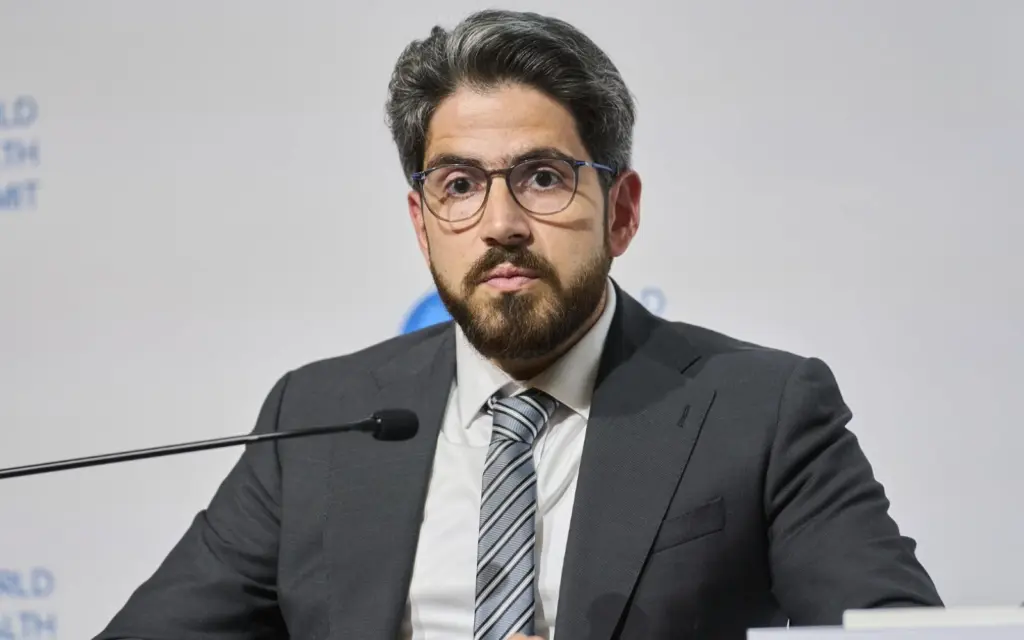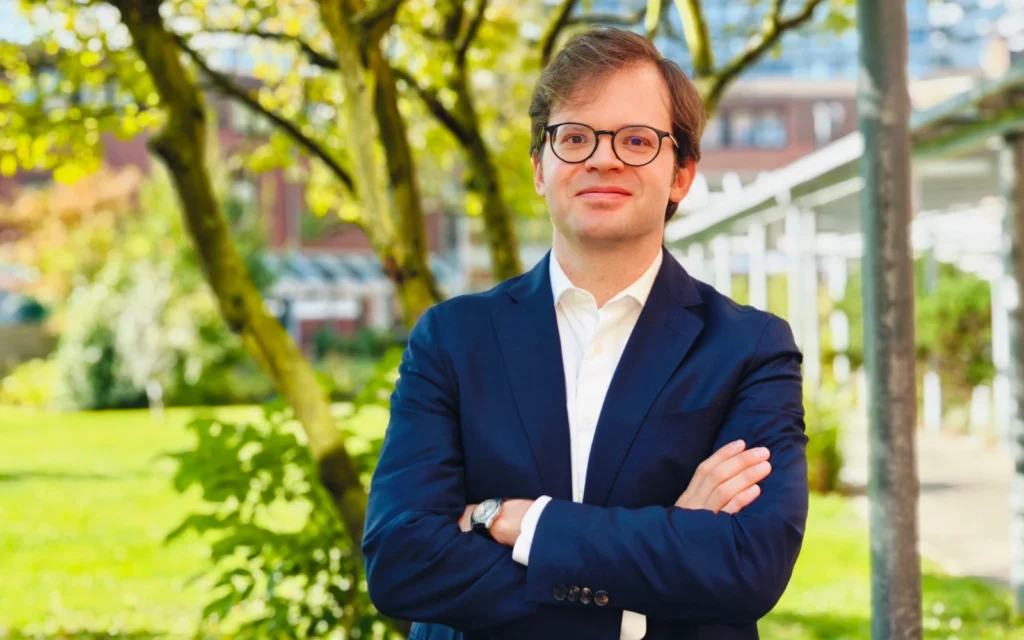Yet, despite their potential, local actors are often constrained by the structures of international aid, limited by funding mechanisms, and sidelined in decision-making processes. The time is ripe for a critical conversation on how we, as a sector, can shift the power dynamics to empower local organizations to drive sustainable and impactful solutions.
Three Questions to Ask Ourselves When Thinking About Localization
Local organizations play a vital role in responding to community needs, yet they face barriers that hinder their impact. As we think about localization, there are three crucial questions that those working in the Global North should ask themselves to better understand the challenges faced by local actors and how to address them effectively.
1) How do We Build Trust?
International donors often impose complex compliance and reporting demands on local NGOs. But are these requirements helping or hurting? Think about micromanagement: the less trust we have, the more we micromanage. Just like employees who are closely monitored, local partners can find the burden of compliance procedures demotivating and constraining. Instead of fostering collaboration, rigid oversight can divert time and resources from serving communities. Are we truly supporting local actors, or are we unintentionally micromanaging them?
2) Is Compliance Stifling Innovation?
The humanitarian sector frequently prides itself on innovation and adaptability. However, the reality for local organizations is often quite different. They are required to navigate rigid donor frameworks that leave little room for creativity or quick responses to changing situations. With limited human resources, meeting these stringent demands becomes a challenge, preventing local NGOs from pivoting when needed. So, we must ask: Is the sector proving to be innovation-hostile? If compliance stifles flexibility, it risks undermining the very mission it intends to support.
3) Why Don’t Local Organizations Have a Stronger Voice in Decision-Making?
Local actors often have minimal say in how programs are designed and implemented, with international partners often holding the reins. This creates a disconnect between the program goals and the realities on the ground. The people closest to the affected communities, who best understand their needs, are sidelined. If we want sustainable, context-specific solutions, shouldn’t we be enabling local organizations to take the lead and make decisions that drive lasting change?
Transformational Partnerships: Coaching vs. Capacity Building
If we are serious about sustainable development, we must move beyond the idea of transactional relationships—where local organizations serve merely as subcontractors. Instead, we should aim for transformational partnerships grounded in shared objectives, mutual respect, and equality.
The outdated model of “capacity building” implies that local organizations need to be “fixed” or “improved” by international partners. This perspective must change. Our focus should shift to coaching rather than capacity building, unleashing the potential that local actors already possess. A coach empowers and supports athletes to achieve their best, recognizing their inherent skills and strengths. Similarly, our role is to catalyze the capabilities of local organizations, not “build” what is already there. Conversely, INGOs should be open to being coached by local organizations.
Solutions to Empower Local Organizations
To create an environment where local organizations can thrive and take the lead, we must consider the following steps:
1) Flexible Direct Funding Mechanisms
Donors must create funding channels that allow local organizations to access resources without excessive bureaucracy. Simplifying compliance measures would enable these organizations to focus on their core mission—serving their communities—without being burdened by administrative overload.
2) Shifting Power and Decolonizing Aid
The current power imbalances within the aid system need to be addressed. A critical step is sharing decision-making authority with local organizations. Decolonizing aid requires a significant mindset shift; international actors must learn to share power and trust local partners to lead, rather than imposing their agendas. True partnership involves stepping back to let local actors drive the agenda.
3) Client-Centered Approaches
At the heart of every intervention must be the needs of the communities we serve. Local organizations, due to their proximity to affected populations, are best positioned to ensure that humanitarian and development programs are designed around client needs. Every decision, from compliance requirements to additional approvals, must be measured by one key question: “How does this serve the people in need?”
An Invitation to Partner for Real Change
Empowering local organizations is not merely a pathway to sustainable development—it is a necessary shift for lasting and effective change. It’s time for all of us—INGOs, donors, academia, and local NGOs—to reimagine partnerships that are truly equal. By trusting and empowering local actors, we unlock their full potential, fostering adaptive and sustainable solutions that respond to the real needs of communities.



